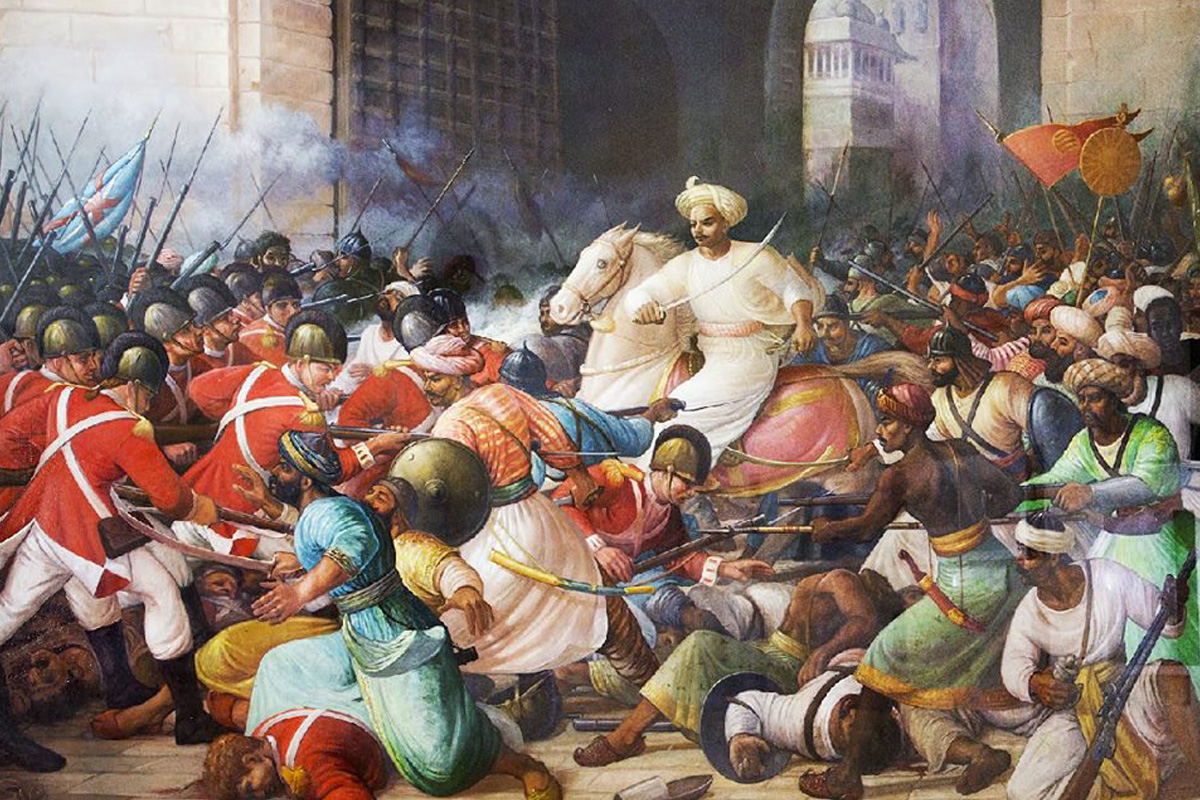High-stakes contests in Karnataka
The southern State of Karnataka is preparing for the upcoming Lok Sabha elections, a momentous event. It will unfold in 28 constituencies over two phases on April 26 and May 7.
This clearly is the fineprint of the report that has been advanced by a committee comprising noted academics.

(Image: Facebook/@Tipu.Sultan.IND)
The born-again Bharatiya Janata Party government in Karnataka will have to hold its fire against none other than Tipu Sultan, the 18th century ruler of Mysore. Through a remarkably academic prism, the expert committee has recommended the retention of the chapters on Tipu in school textbooks. Any attempt by the government to bowdlerize these chapters would have violated the certitudes of historiography, in effect denuding the discipline of history as well as the persons and politics of the royal court.
The administration ought now to draw a message from the recommendations of the committee, which was set up by the state government earlier this year in the wake of the party-sponsored debunking of the man and the cancellation of anniversary celebrations that were initiated by the Congress. The committee has now iterated the obvious, specifically the fact that Tipu’s confrontation with the British, specifically the “Mysore wars”, were important and relevant for the history of Karnataka and the country in the wider canvas.
In the event, the committee has had to remind the government of the elementary facts of history that are taught in schools ~ “Tipu Sultan played an important role in the southern province in fighting against the British. He had fought in four Mysore wars. Therefore, we recommend these lessons to continue”.
Advertisement
The committee has effectively binned the demand of the BJP’s MLA from Madikeri, Appann Raju, that the lessons on the Mysore king taught in classes 6, 7, and10 need to be removed as he was a “religious bigot and it was not correct to glorify him”. This is subjective interpretation of facts at best and somewhat prejudiced at worst. Facts are sacred whether these relate to the role of Tipu Sultan or the history of Babari Masjid. Yet like any other social science discipline, history lends scope for subjective reflection.
It would be preposterous for the Karnataka BJP to suggest that the chapters on Tipu be removed, resulting in an inexplicable gap in the history of Mysore between 1783 and 1799. This runs counter to the fundamental concept of periodisation of history. Chunks of the heady narrative cannot be dropped merely because the content is not agreeable to the present set of rulers. The facts, based on empirical evidence, must of necessity be retained and studied. No less crucially, the students must be afforded the freedom to draw their inference.
This clearly is the fineprint of the report that has been advanced by a committee comprising noted academics. There is no scope for selectivity in the choice of topics. If indeed Tipu’s alleged atrocities on the Kodava community has been ignored in the school texts, the fault is the historian’s, if at all. The historian’s craft needs to be objective, however subjective the reflection. And this could be the essay towards answering EH Carr’s famous query ~ What is History? ~ indeed the title of his seminal work.
Advertisement